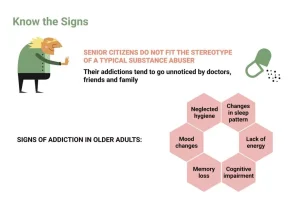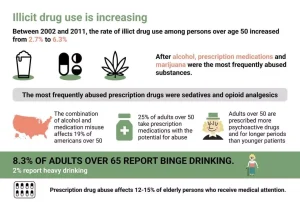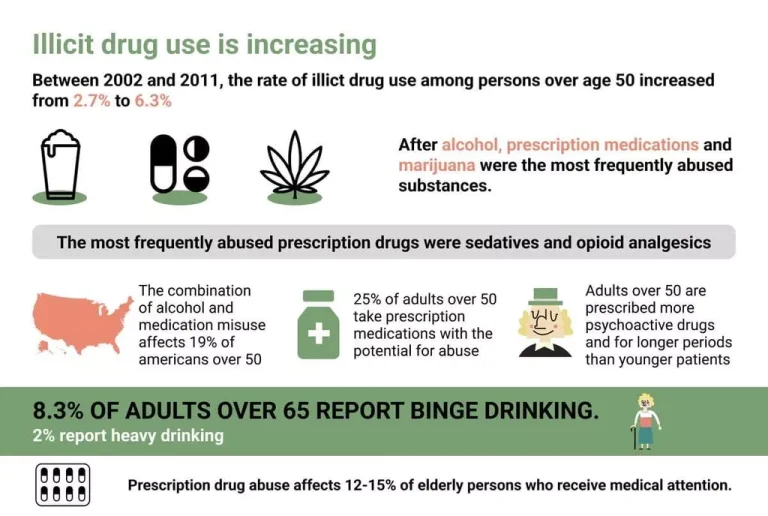
Reach out for a free and confidential conversation via our hotline at . Reps can discuss treatment and aftercare options; plus, they can verify any insurance you have (or you can verify benefits online). For those who prefer to text rather than talk, text assistance is also available. American Addiction Centers (AAC) is committed to delivering original, truthful, accurate, unbiased, and medically current information. We strive to create content that is clear, concise, and easy to understand. Call our alcohol detox hotline 24/7 at Alcohol Relapse to speak with one of our admissions navigators and start your path toward recovery today.
What Can Trigger a Relapse from Alcohol?
Emotional turmoil is a set of intense emotions such as sadness, depression, and anger, which can be a trigger for an emotional relapse. When in a good mood, some people may crave to feel even better. On the other hand, someone may experience cravings while feeling low or sad. Negative emotions like sadness, depression, guilt, loneliness, and anger can all be potential triggers for relapse. It’s crucial to address these negative feelings to prevent an emotional relapse.
- Finally, they can reduce their risk of relapse by understanding their triggers and cravings and having a plan in place.
- Relapse often occurs during the recovery process, and there are options available to you if you do relapse.
- Alcohol.org is a subsidiary of AAC, a nationwide provider of addiction treatment services.
Alcohol Relapse Statistics

In reality, it’s likely a gradual progression for most people, and there are typically three stages of relapse. Relapse is a process that can begin weeks or months before someone drinks. Understanding triggers for alcohol use is important for someone in recovery and their loved ones.
Encourage your loved one to seek help
Different stressors likewise robustly reinstated drug addiction extinguished alcohol-reinforced responding in different operant reinstatement models of relapse (Funk et al. 2005; Gehlert et al. 2007; Le et al. 2000, 2005; Liu and Weiss 2002b). This effect appears to involve CRF activity because CRF antagonists block stress-induced reinstatement of alcohol-seeking behavior (Gehlert et al. 2007; Le et al. 2000; Liu and Weiss 2002b). Alcohol withdrawal–related anxiety is thought to reflect manifestations of numerous adaptive changes in the brain resulting from prolonged alcohol exposure, most notably alterations in the stress systems active in the brain and the body’s hormone (i.e., endocrine) circuits.

If a trigger is unavoidable, consider what you can do differently next time you face it. Having occasional cravings or thoughts of drinking is normal during recovery. But when you =https://ecosoberhouse.com/ keep thinking about it, and start planning to do it, it’s time to get help. If you can recognize the warning signs of each stage, you can take action to avoid a relapse. Understanding the availability and applicability of different options such as detox, short-term inpatient, long-term inpatient, outpatient, or sober living can help an individual make a well-informed recovery plan.
Emotional Turmoil

By creating a plan, individuals can identify their triggers and cravings, and develop strategies to manage them. They can also build up their coping skills to help them better handle difficult situations. Finally, they can reduce their risk of relapse by understanding their triggers and cravings and having a plan in place. Developing strategies for processing and navigating difficult emotions is vital to prevent emotional turmoil from leading to a relapse.

